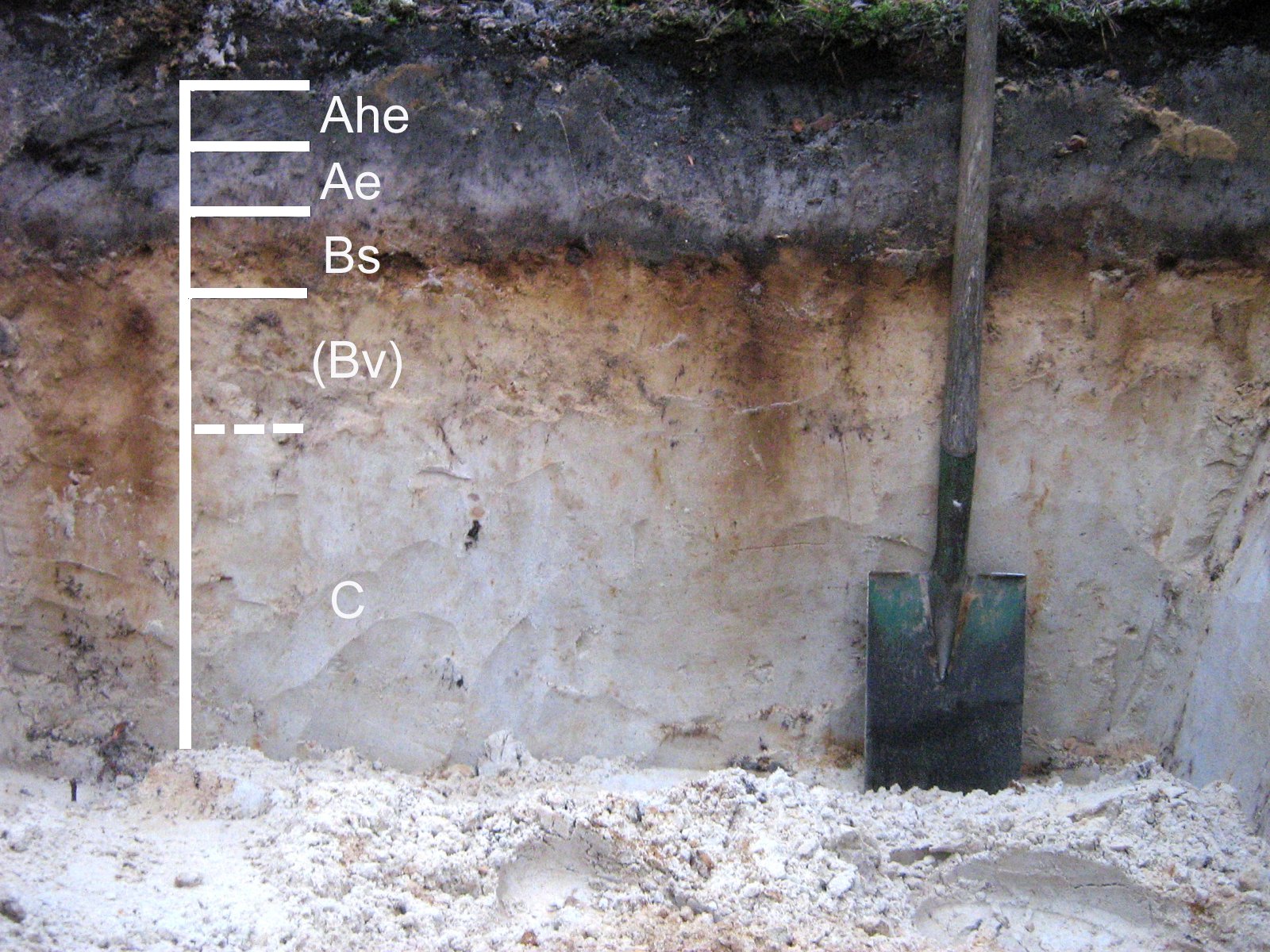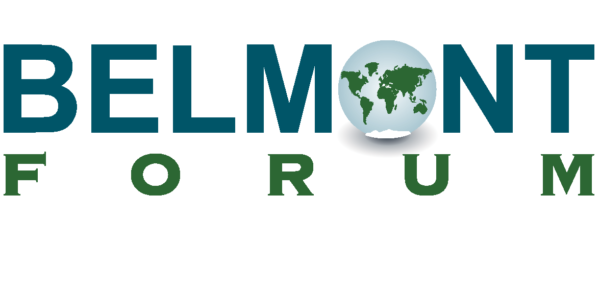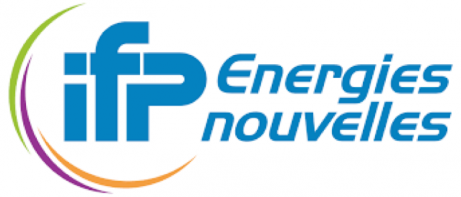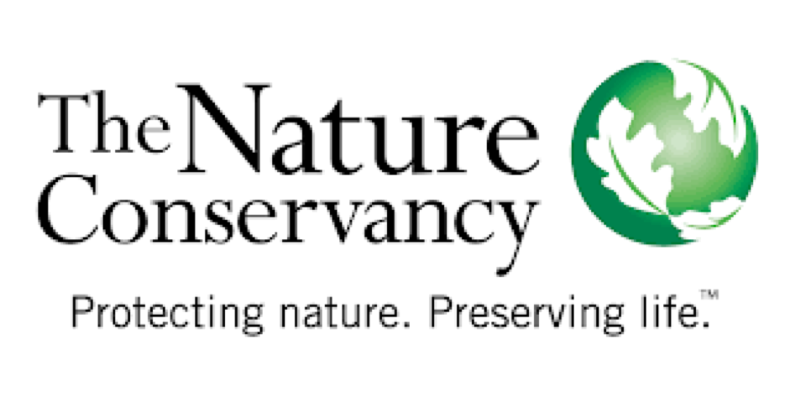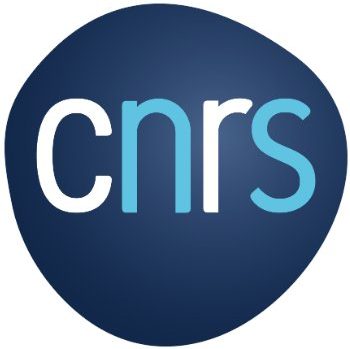Local Ecological knowledge and local perception of environmental and climatic changes
Post-doctorat Fellow, 18 months
Project Description
The VULCARE-FATE project (Global change impact on VULnerable CARbon reservoirs: carbon sequestration and emissions in soils and waters From the Arctic To the Equator) was selected as part of the Belmont Forum’s call for “Towards Sustainability of Soils and Groundwater for Society (Soils 2020) “.
The VULCAR-FATE consortium, led by IRD (Institut de Recherche pour le Développement), includes IFP Energies nouvelles (IFPEN, France), Florida State University (FSU, United States of America) and Tomsk State University (Russian Federation) as than funded institutions. As self-funded partners, the consortium also involves the Autonomous University of Barcelona (UAB, Spain), the National Center for Scientific Research (CNRS, France) and the non-governmental organization The Nature Conservancy (TNC-Gabon, United States of America), the world’s largest conservation NGO.
VULCAR-FATE proposes to work in two emblematic socio-ecosystems, largely preserved, sparsely populated (less than 5 people per km 2), but threatened, of Gabon and the Russian Federation, both at the forefront of many critical issues related to to climate change:
• The Ogooué river Basin in Atlantic Central Africa, which occupies about 80% of the total area of Gabon. It is mainly covered with tropical rainforests but also a significant proportion of savannas and wetlands,
• The lowlands of Western Siberia, which constitute a predominantly flat geographic region of Russia, with 70% covered by wetlands, and exhibits gradients ranging from (1) areas without permafrost to areas of permanent permafrost and (2) from taiga to tundra
Once preserved, these two regions are now increasingly affected by the acceleration of global changes, with the foreseeable degradation of soils and groundwater, which could lead to huge greenhouse gas (GHG) emissions and vast exports of carbon and nutrients from the land to the oceans. They are characterized by mosaics of open vegetation (savannas / tundras) and forests that present dynamics induced by climate and fire, suggesting tipping points between these contrasting types of vegetation. In addition, two classes of soils, podzols and anthrosols, prone to carbon sequestration but fragile, are common to both regions but little recognized: their impact on storage,
VULCAR-FATE will take advantage of research stations, Ramsar areas, existing databases in the two regions and ongoing projects. The facilities will first be used to acquire baseline data, essential for impact evaluations, and then enable monitoring to be sustained over the longer term.
The objective of VULCAR FATE is to co-construct a shared strategic and transdisciplinary vision and an operational framework for R&I on climate change, land use, the carbon cycle and the sustainability of soil and surface water and groundwater, in order to improve knowledge, management and guide public policies. This objective will be achieved by calling on a diverse community of university actors with skills in social sciences (archaeology, anthropology, socio-economics) and biogeosciences (hydrology, climatology, geospatial analyses, biogeochemistry, soil science, science of vegetation, biology), as well as to non-university actors (industries, communities, NGO and local institutions) involved in a sustainable management of natural resources.
In order to develop the social approach of the VULCAR-FATE project, the consortium opens this call for a dynamic Postdoctoral researcher, holding an experience in remote and difficult geographical areas, a high capacity for dialogue and team work.
Recruited by IRD and attached to Géoscience Environnement Toulouse – GET (Toulouse, France), the Postdoc will actively collaborate with UAB (Spain, Barcelona) and CEFE (Montpellier, France), and will carry out long missions in the two countries concerned by the project (Gabon and the Russian Federation).
Functions
The person hired will work in close collaboration with V. Reyes-García (UAB) and D. McKey (CEFE). The candidate will develop in this fellow the following aspects:
Main activities
• To design and carry out a protocol to assess the knowledge and uses of the landscape of local populations in the two geographical areas of the project: Gabon and Western Siberia,
• To conduct a data collection protocol for the assessment of perceptions of environmental and climate change by the local populations of the two study sites (protocols resulting from the LICCI project – https://licci.eu/),
• To analyse the data resulting from these two lines of research, to produce support for the scientific dissemination of the results obtained,
• To produce an integration analysis of traditional knowledge and scientific data,
• To participate in the activities of WP5 of the project (Understanding the synergies between scientific and local knowledge of landscape evolution) in collaboration with other partners.
Secondary Activities
• To contribute to the collective work that will be undertaken throughout the post-doctoral period,
• To contribute to the scientific enhancement of results by preparing articles for scientific journals or by presentations at scientific conferences and seminars.
The team
The fellow will be employed within a team composed by:
• Victoria Reyes-García, Victoria.Reyes@uab.cat, UAB-ICREA
• Jean-Emmanuel Rougier (LISODE)
• AbagaOllomo Patrick Daniel, ollomopatrick@yahoo.fr, CE RP DGEPN
• McKeyDoyle, d_mckey@hotmail.com, Univ. Montpellier
• de Saulieu Geoffroy, geoffroy.desaulieu@ird.fr, IRD
• Bitome Essono Paul Yannick, bitomessono@yahoo.fr, IRET-CENAREST
• Sergei Loiko, Tomsk State University
The profile we are looking for
The candidate should have developed the following skills:
• Expertise on the literature and methods related to local and traditional ecological knowledge and practices in connection with the use of the landscape;
• Expertise on the literature on environmental and climate change
• Mastery of social science survey methods (semi-structured interviews, group interviews, participant observation) and /or methods
• Experience working with local and Indigenous communities in remote areas
• Ability to promote their research in recognized scientific journals in the discipline of the candidate.
• Experience working in interdisciplinary and multicultural teams
Vous faites preuves des qualités humaines suivantes :
• Available to carry out field missions in a rural and difficult context,
• Autonomy, organization, rigor,
• Ability to work in a team, adaptability
• Facility for foreign languages
The candidate should have a PhD degree in a field relevant for this research (i.e. anthropology, sociology, or environmental sciences).
The IRD
The function of the candidate will be at the service of a science committed to sustainable future
Date limite pour candidat : 23 octobre 2021
The position is expected to start : between December 01, 2021 and January 31, 2022.
Applicants should send a cover letter and an updated CV written in English to recrutement.dr-occitanie@ird.fr before
October 23th, 2021. The shortlisted candidates will be interviewed during the first week of November 2021.
Share



